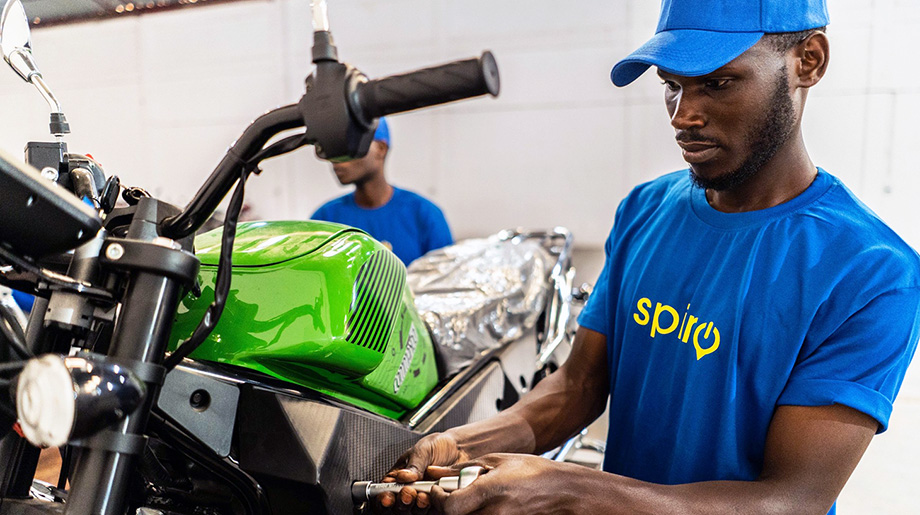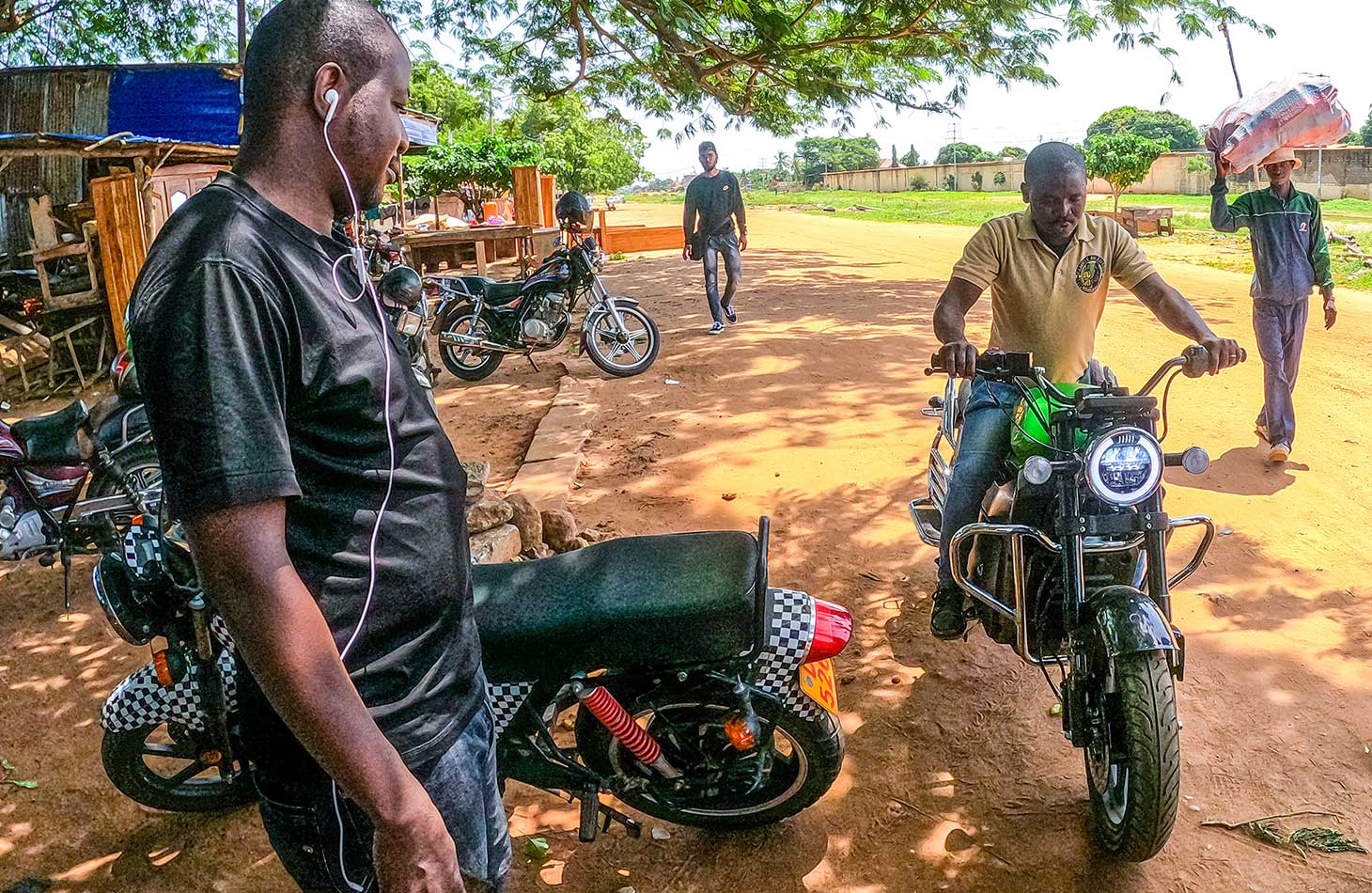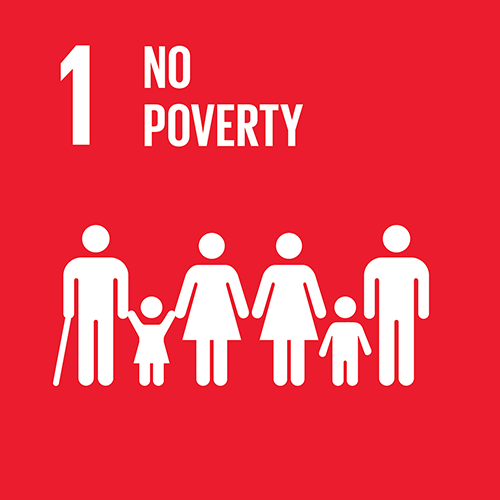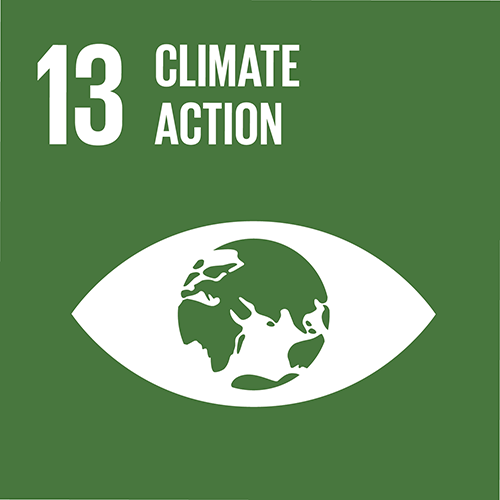Electric Motorcycles for Clean Cities in Togo and Benin

Project type: Energy Efficiency
Project location: Togo and Benin
Project status: Planned, certificates available
Annual emission reduction of the whole project: 173,500 t
This climate protection project replaces fossil fuel powered motorcycles and tricycles in various cities and regions of Togo and Benin by electric motorcycles. The usage of electricity powered 2-wheelers instead of fossil fuel powered ones leads to emission reductions while improving the air quality of urban areas.
In sub-Saharan Africa, the transport sector accounts for 14.5 per cent of total energy combustion, equivalent to 69 million tonnes of oil equivalent, generating a corresponding amount of CO2 emissions. This consumption is expected to increase by over three per cent annually. It is estimated that 90 per cent of urban air pollution is due to emissions from motor vehicles and, according to the World Health Organisation (WHO), 176,000 people die each year in Africa as a result of outdoor air pollution.
The purpose of this project is to reduce carbon emissions and air pollution by the dissemination of electric motorcycles 2 wheelers in different countries across Africa by 2026. The project starts off by the distribution of e-motorcycles in Togo and Benin. The roll out of the bikes started in 2022.
Socio-economic benefits
Fossil fuel powered scooters, especially non-regulated 2-stroke engines as used in general in small motorcycles, are a major source of particle matter which again is a cause of respiratory diseases affecting especially children, elderly and people with a poor health. With the distribution of electric motorcycles there will be less respiratory diseases caused through air pollution. Moreover, electric motorcycles lower noise emissions, a huge problem in urban areas. Savings of fossil fuel reduce the dependence of the economy on liquid fossil fuel imports and reduce the exposure to external price shocks of fossil fuels thus improving the conditions for continuous improved economic growth of users.
Project partner, implementation and verification
The project was started by “M Auto”, which founded SPIRO to distribute the bikes. To achieve a fast and sustainable expansion SPIRO works with multiples stakeholders such as insurance companies and banks. The sales of the emissions reductions generated by the project will help to achieve a faster deployment trough Africa. The project is registered with the Verified Carbon Standard (VCS) and additionally with the SD VISta Standard (Sustainable Development Verified Impact Standard) by Verra. The project is verified on the basis of the emission reduction calculation of the applicable CDM methodology AMS III C “Emission reductions by electric and hybrid vehicles”. For more information, see "Documentations”.
This project contributes to 6 SDGs*
*as at the end of 2023. Find out how myclimate reports these SDGs in our FAQ.
The following SDGs will be verified by Verra:
This SDG is assessed by the proportion of the population living in households with access to electric motorbikes.
This SDG is assessed by the proportion of women among the project's workforce.
This SDG is assessed by the number of direct and indirect decent jobs created.
This SDG is assessed by the share of manufacturing employment in total employment.
This SDG is assessed by the proportion of users who have access to electric motorbikes.
The total emission reduction from the project in Togo and Benin is estimated to be around 1,214,891 tCO2e for the first crediting period (5 years), which corresponds to an average annual emission reduction of 173,500 tCO2e.
Situation without project
Continued usage of emitting thermal 2 and 3-wheelerDocumentations
Project standard
VCS/SD VISta
Project number
7257











